Ancient Connections; Current Inspirations
“And God said, ‘Let there be light.’ And there was light”
—
I once did a revival service in a town near where I was going to seminary. After the sermon, people passed by thanking me for my words and sharing the requisite pleasantries, deserved or not, for what I had just said. But, as one woman approached, I could see her scowl—she was clearly upset about something.
“What translation of the Bible did you use?” she asked in an accusatory tone.
“I used the Revised Standard Version,” I said.
She looked at me with disdain.
“Well, I only use the King James Version. If it was good enough for Paul, it is good enough for me.”
She said this with a completely straight face. She was totally serious.
As most of you know, in Paul’s day, there was no English. Paul spoke Aramaic and Greek, along with Latin (likely improved while he lived as a prisoner in Rome). Jesus spoke Aramaic and probably some Greek. The English language had not yet evolved. Here’s an abbreviated story of how that happened—and why it matters.
The New Testament was written in Greek. That was the commercial language of the Roman Empire. Latin had been the administrative language of the empire, used for legal and governmental matters. It was the language of Rome and became the language of the church as the Roman church expanded its influence and the Bishops of Rome, later known as the Pope, became more powerful. Missionaries carried the gospel to far-flung areas and, increasingly, Latin became the language of worship and scripture. After the political disintegration of the western part of the Roman Empire around 476 A.D., church institutions remained the sole facilitators of education. Therefore, Latin, the language of the church, became the language of learning, too.
Meanwhile, in the area where English would one day take hold, the former Roman province of Britannia became a melting pot and multi-linguistic arena of competing people and languages. Slowly, the related languages of Germanic tribes known as the Angles and Saxons took hold among the vast numbers of the poor. But the church and the educated continued to read, write, and study Latin.
By 1066, another outside influence bore down on the land of the Angles and the Anglo-Saxon culture. William the Conqueror, a Norman king from France, invaded and successfully took over and controlled the land. French became the language of the aristocracy. Landowners and the cultural elite either already knew or had to learn French in order to fit with the ruling class. Latin continued to be the language of education and church, but this Anglo-Saxon Germanic language persisted among the majority of the island, the regular working people, those who worked the land, worked with their hands, and kept the economy going.
Gradually, the languages began to fuse, to merge into an extremely useful and vitally flexible language that utilized Germanic structure and grammar with French and Latin vocabulary. Some estimate today that, at most, only twenty percent of English remains from the original and mostly Germanic “Old English.” But the resulting, highly adaptive combination we now have is recognized worldwide as the most practical for trade, business, economics, and international relations. And it was this interaction with and learning from other languages and cultures that led to the organic evolution of the English we know today.
Though neither Paul nor Jesus spoke the English of King James—regardless of what the frustrated lady in Indiana felt—our language today still has grammar, vocabulary, and roots of words that can take us all the way back to the richness and depth of the Greek and Aramaic they spoke. The way we communicate, what we say, and how we say it connects us to a distant linguistic past from another day and time.
We also are connected to the words, acts, and life of Jesus because we are connected to the spirit of Jesus. When God said, “Let there be light,” it was not only to activate creation. It was to also to begin a continuing enlightenment, ongoing insight, and renewed perspective. Just as the movement of language and the evolvement of our words is dynamic, fluid, and continuous, so is the movement, direction, and flexibility of God’s spirit in an ongoing revelation over time. New insights emerge from experience—and inspiration.
So this week, may you be further inspired. Especially in the unpredictability of these difficult days, may the light of God’s living love enlighten your spirit so, like the language we speak, you and I might further evolve into the compassionate, loving disciples God envisions.
Love,
David
PRAYER FOR TODAY: O God, please teach us, grow us, and help us to be accepting of new things, generous with old things and always ready to learn something new. Especially during these strange days of political angst and societal discomfort, strengthen us as compassionate citizens. Let us be ready to help, eager to serve, and careful with responsible interactions. Give us the wisdom to adapt and the patience to learn what is best, for now and for the future.
We know we are not the first to endure uncertain times; we also know that those who have gone before us have endured far worse. So for now, allow our perspective to be broad, deep and discerning. And most of all, let our love so shine, that your light shines through who we are and what we do. In Jesus’ name, Amen.
Love,
David
David Jordan
Senior Pastor

